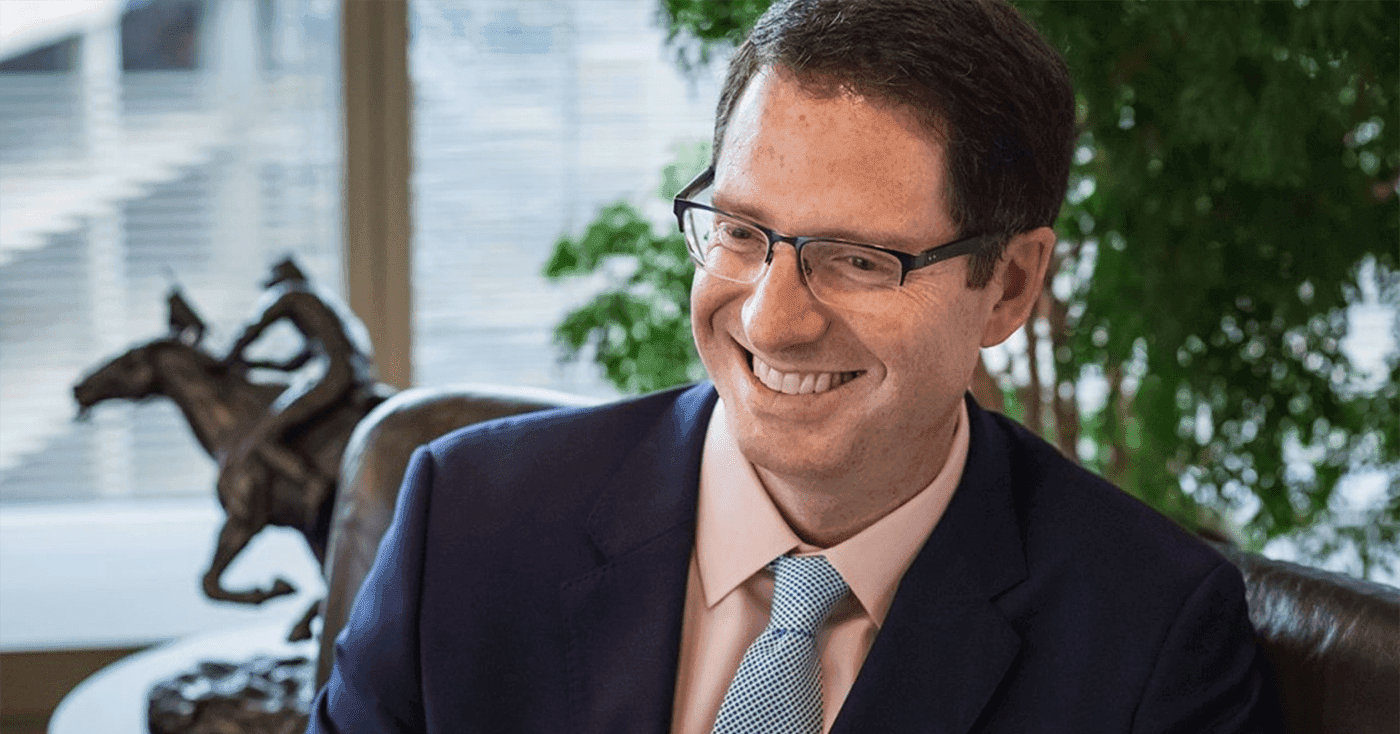Bitfury CEO Brian Brooks Joins Board of Voyager Digital
Former acting comptroller of the currency to help firm build out its platform globally and navigate the regulatory environment

Brian Brooks
- Brooks can assist Voyager as the company expands into NFTs, decentralized finance (DeFi) and the metaverse, Voyager Chairman Philip Eytan said
- The Bitfury CEO was one of six crypto firm executives to testify during a hearing of the House Committee on Financial Services earlier this month
The former acting comptroller of the currency and current CEO of Bitfury, Brian Brooks, has joined Voyager Digital’s board of directors to help the firm in its next phase of growth.
Brooks joins the board as an independent, non-executive director, according to the firm, and his appointment is effective immediately.
“As one of only two publicly traded, crypto-first trading platforms, and with exponential funded account growth of 23 times this year, Voyager is already proven in the marketplace,” Brooks told Blockworks in an email. “The next challenge for the company, and one that I look forward to being part of, is building out the platform for global scale and navigating the regulatory environment in the US and beyond.”
Brooks became the CEO of Bitfury, a designer of mining application-specific integrated circuits (ASICs) and operator of mining data centers, in October. Before that, he was Binance.US’s CEO for several months, but resigned in August, citing “differences over strategic direction” in a Twitter post.
Prior to his stint at Binance, Brooks was acting comptroller of the currency. The 3,500-employee federal agency is responsible for chartering and regulating 1,200 national banks and federal savings associations, which comprise 70 percent of all banking activity in the US, Brooks wrote on his LinkedIn profile.
He added on the profile page that he “led federal efforts to modernize the national bank charter, expand the scope of marketplace lending partnerships, reform and modernize the Community Reinvestment Act, and define the scope of permissible cryptocurrency activities” while in the position.
Brooks also launched Project REACh, a partnership of large bank CEOs, fintech founders, minority deposit institutions and civil rights organizations dedicated to correcting barriers to financial inclusion for underserved Americans.
“Brian Brooks is extremely well versed in crypto, banking and in the legal and regulatory aspects of crypto,” Voyager Chairman Philip Eytan told Blockworks. “He can assist Voyager in the next phase of our growth around the globe, especially as we expand into NFTs, DeFi and the metaverse.”
Founded in 2018, Voyager offers a mobile app allowing users to trade about 70 crypto assets and earn rewards of up to 12% annually on more than 30 cryptocurrencies.
The firm announced in August that it would acquire crypto payment platform Coinify to accelerate its international expansion and boost its capabilities in the payment space.
Voyager CEO Steve Ehrlich said during an October earnings call that the company intends to make NFTs on multiple platforms accessible to its users, which now totals more than 2 million.
The company also revealed last month that it was set to offer a crypto debit card, which will go out to customers in early 2022.
Crypto regulation
Gary Gensler, chairman of the US Securities and Exchange Commission (SEC) has said in recent months that cryptocurrency companies and exchanges will not be able to operate outside of regulatory oversight for much longer.
Brooks was one of six crypto executives that testified during a hearing of the House Committee on Financial Services earlier this month, which focused on digital assets and the future of finance.
The Bitfury CEO asked for more regulatory clarity around crypto at the hearing. He urged lawmakers to not only focus on micro questions, such as if a particular token is a security or not, but larger questions, such as whether big banks should be trusted more than open-source software as a tool for maintaining ledgers of account and allocating credit and capital.
“It is clear to me that the present financial system has plenty of examples of risk and costs and safety and soundness problems that are being addressed in the current system,” Brooks said at the time.
“Shouldn’t we take seriously the possibility that algorithms and open-source software that take a measure of human error, greed, negligence, fraud and bias out of the system might actually make the system better on net, even if there are some new risks being presented that need to be understood and regulated?”
In addition to his role as Binance.US, CEO and acting comptroller of the currency, Brooks has held senior positions within the financial industry including chief legal and risk officer at Coinbase, as well as general counsel and corporate secretary at mortgage loan company Fannie Mae.
Get the day’s top crypto news and insights delivered to your inbox every evening. Subscribe to Blockworks’ free newsletter now.






